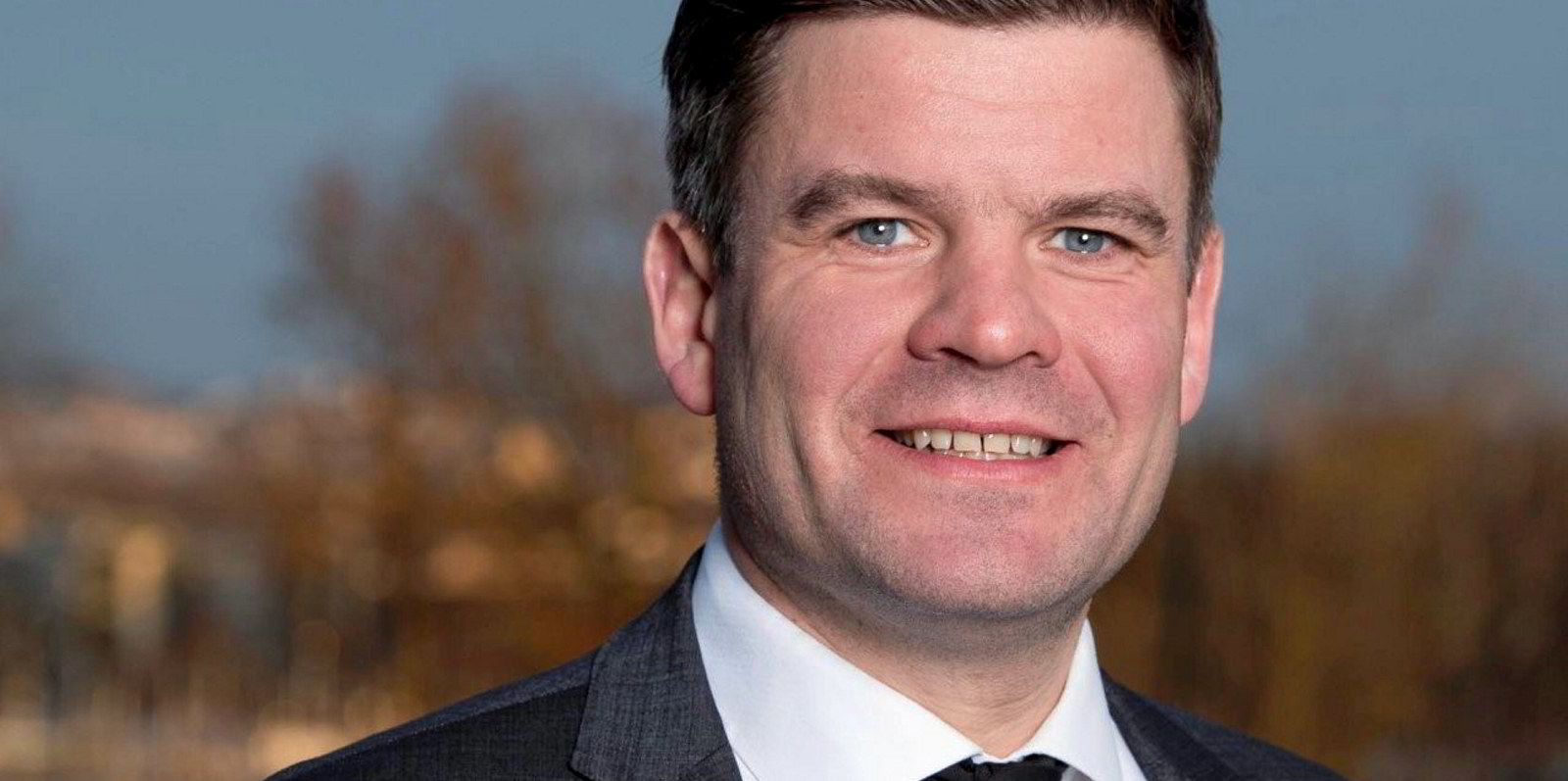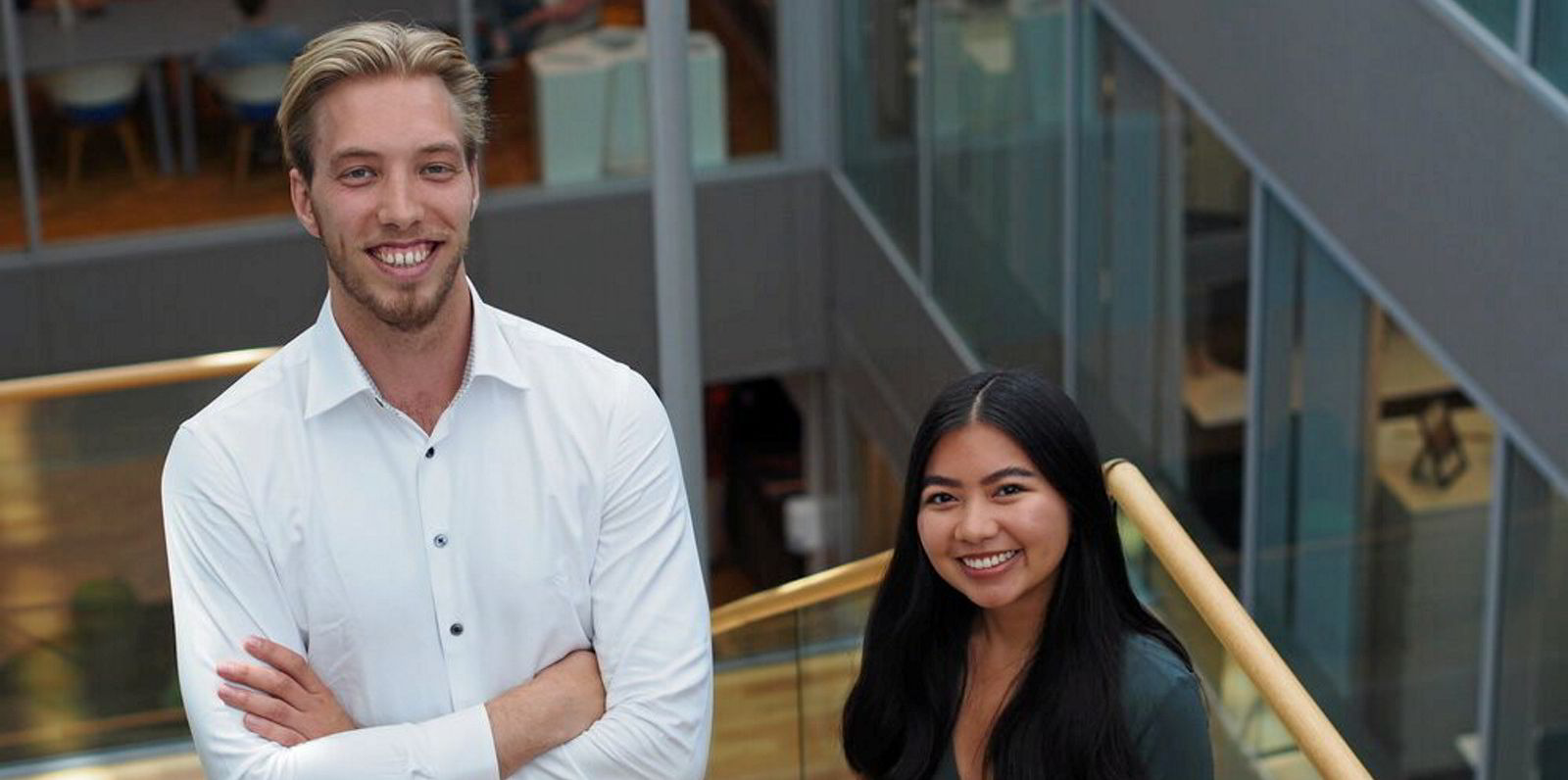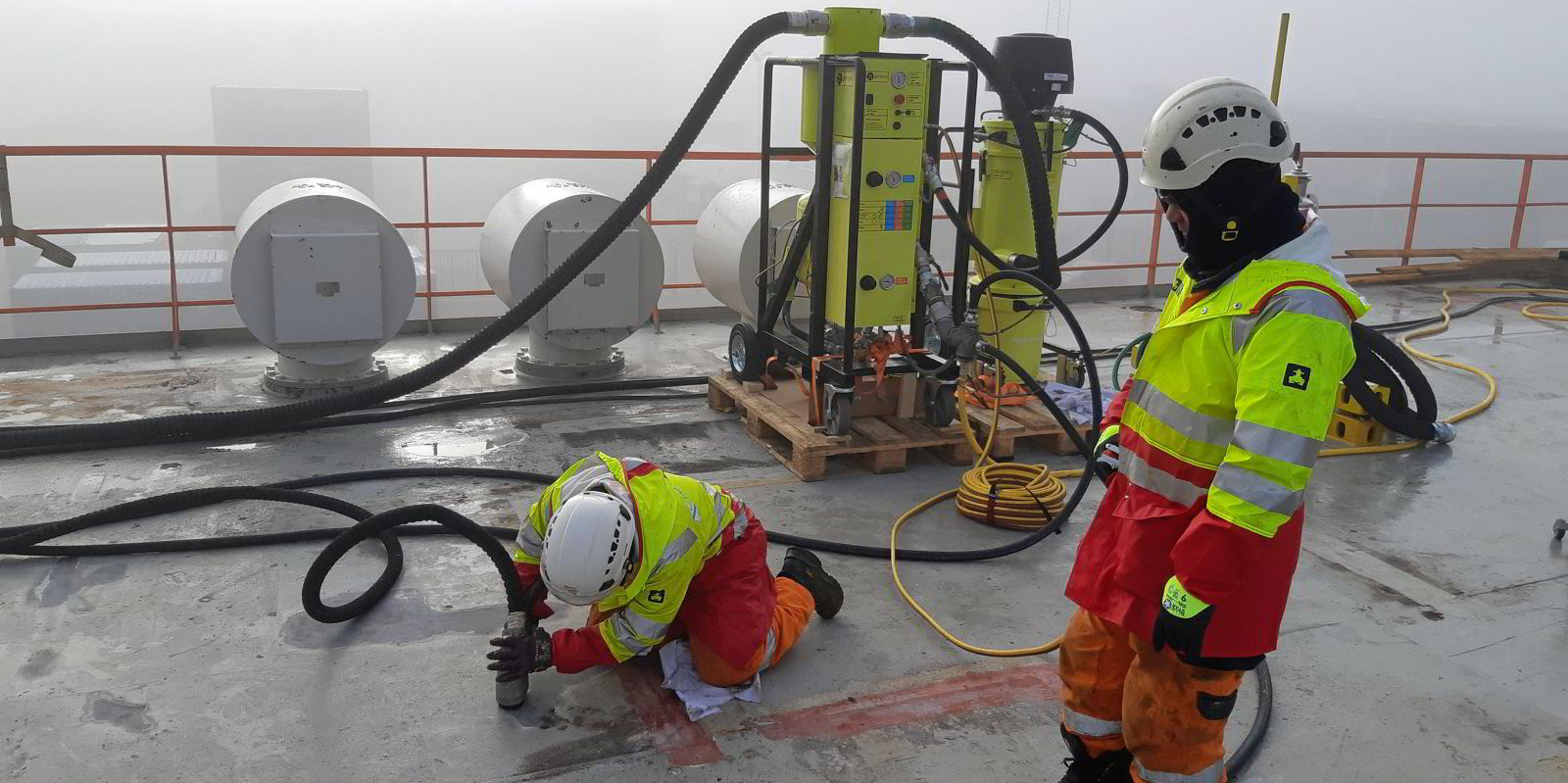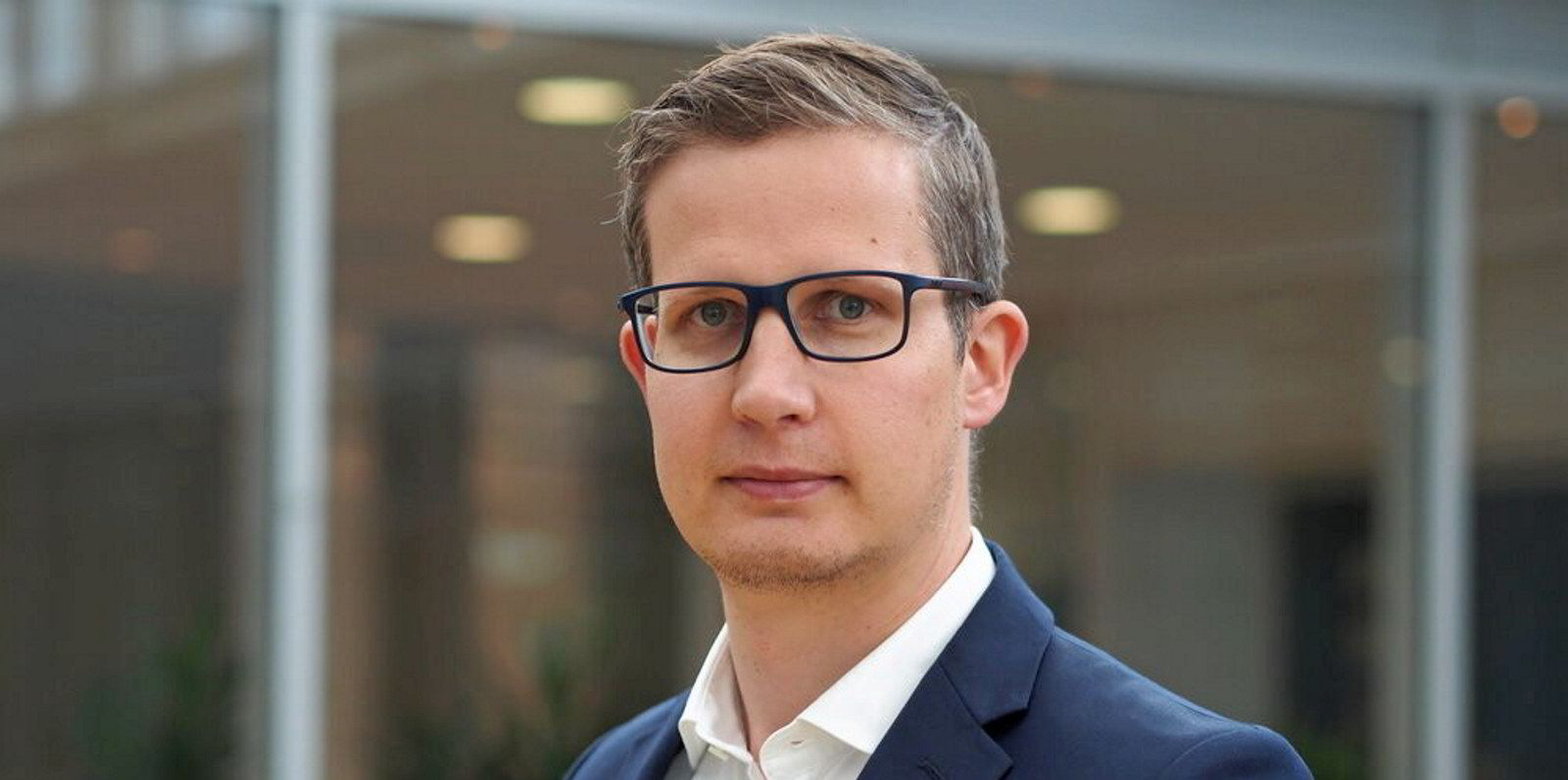Norway's Torvald Klaveness group is turning to the next generation of shipping talent to help it along the road to decarbonisation.
The shipowner has brought in two interns for six weeks to join projects involving applying data and analytics to sustainability initiatives.
My Tam Lam, a student at the Norwegian University of Science and Technology, will work at Klaveness Ship Management (KSM), and Nils Kristian Toreskaas, studying at the Norwegian School of Economics, will spend his time at Klaveness Combination Carriers (KCC).
As an MSc student in applied physics and mathematics, Lam explains she is curious by nature and has a burning interest in how to take advantage of technology.
She argues that "being the best means adapting to a changing society and new technologies, always looking for ways to become even better".
Lam was attracted by Klaveness' record of using technology to make shipping safer and more environmentally friendly, the group said.
Toreskaas is reading an MSc in financial economics, with a sub-specialisation in energy, natural resources and the environment.
Next generation is crucial
He said: "Our generation of students is essential in the battle against global warming. A substantial amount of us will devote our careers to battling this crisis."
Lam's six-week mission will be to support KSM on a project that entails digitalisation of ship management.
The project aims to make processes safer and greener by being data-smart.
Lam said: "A method for doing so is [to] take advantage of the data accessible and use this to create great solutions; it then becomes easier to see where we are performing well and where there is room for improvement."
In particular, she will explore heat and energy management, where the goal is to create an overview of when, and how much, Klaveness vessels use auxiliary engines and boilers.
"The aim is to map when and where there are possibilities for a reduction in use; this will spare the environment a redundant use of fuel," she said.
At KCC, Toreskaas will be involved in two projects.
Benchmark planned

He will first use AIS data to develop an environmental benchmark that will be used in business development and reporting.
It could also be employed as a baseline for planning CO2 emission cuts in future ‘sustainability-linked contracts of affreightment' with KCC’s customers.
The second project is research focused on the lithium refinery industry in Western Australia.
Toreskaas will gather information on current projects and examine realistic scenarios for the growth in lithium production and caustic soda consumption and imports to Australia before presenting his findings to KCC.
Shipping will adapt
As for the future, Lam said: "Shipping is a very old industry that still plays a vital role in the world today; it will continue to do so — only greener and safer."
She believes technology and the focus on being data-smart will become even more important.
Toreskaas added that he expects to see the sector go through rapid change.
"More and more shipowners and industries are acknowledging their corporate social responsibility when it comes to the environment. I believe we will see substantial changes in the status quo and where old opportunities vanish, new ones will arise," he said.






